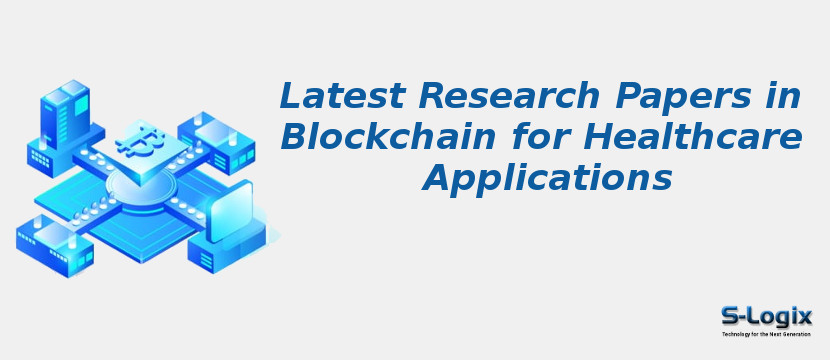Blockchain for healthcare applications investigates how decentralized ledger technology can enhance the security, privacy, and interoperability of sensitive medical data while improving trust and efficiency in healthcare systems. Research papers in this domain explore applications such as secure electronic health records (EHR) management, patient-centric data sharing, medical supply chain tracking, drug authenticity verification, and clinical trial transparency. Studies also highlight how smart contracts can automate insurance claims, consent management, and healthcare payments, reducing fraud and administrative overhead. At the same time, researchers analyze challenges like scalability, compliance with healthcare regulations (e.g., HIPAA, GDPR), interoperability with existing health IT systems, and data storage limitations. Proposed solutions often include lightweight consensus mechanisms, off-chain storage integration, and privacy-preserving cryptographic methods such as zero-knowledge proofs. Overall, this body of research emphasizes blockchain’s potential to create secure, patient-focused, and efficient healthcare ecosystems.
